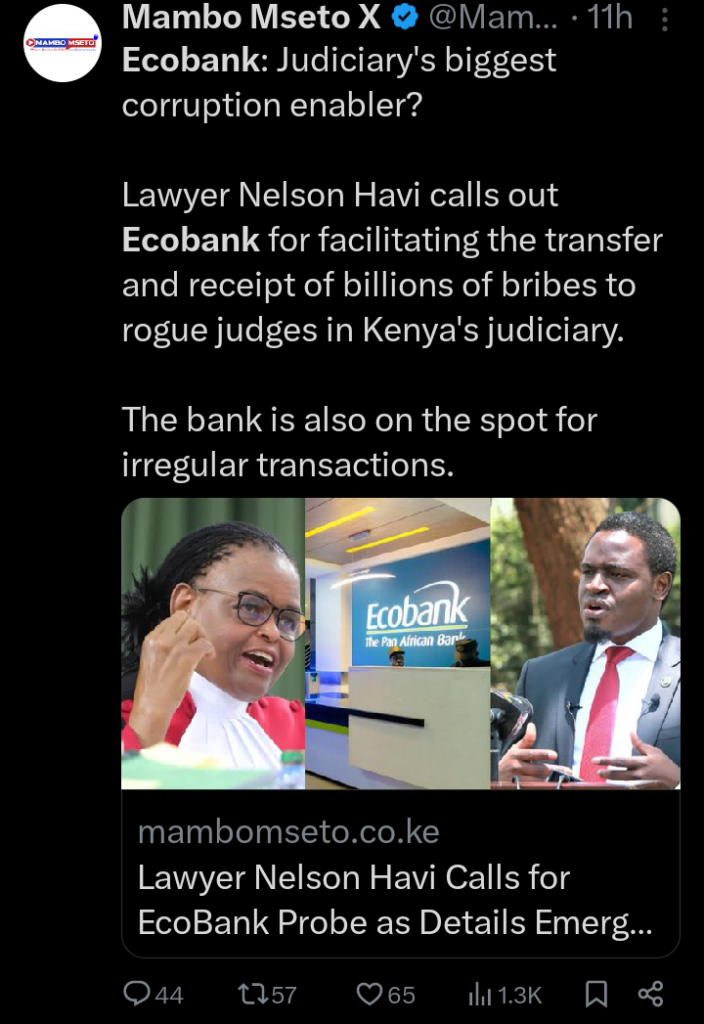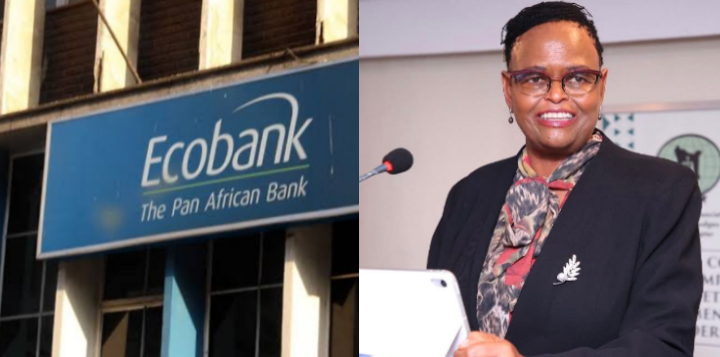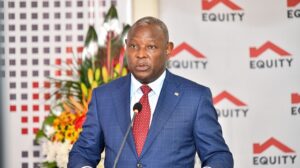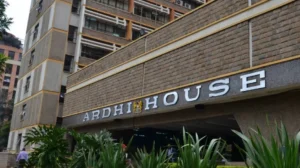Reports implicating Ecobank in corruption within Kenya’s judiciary have raised serious concerns about the integrity of the country’s legal system.
They suggest that certain judges may be using financial institutions like Ecobank to launder bribes, undermining the judiciary’s credibility and eroding public trust.
Ahmednassir Abdullahi expressed outrage on social media, stating, “This is crazy… judges owning a micro-finance bank for bribe laundering?… Even the famed Gambino Family of New York wasn’t this sophisticated.” His remarks insinuate that some judges might have financial stakes in entities used for concealing illicit wealth.
Nelson Havi also criticized the alleged corruption within the judiciary, remarking that such practices are becoming more rampant.
He boldly stated, “Inevitably, this corrupt energy will soon turn into transfer season for Kenya. May the transferee be received well in hell.” These remarks have sparked public outrage and highlighted the pressing need for accountability in the judiciary.

KMJA President Justice Stephen Radido described the attacks as “unacceptable” and warned that they could undermine the judiciary’s authority.
He emphasized that while constructive criticism is welcome, public attacks and unfounded accusations only serve to weaken public confidence in the judiciary.
Despite KMJA’s defense, the allegations have ignited a wider debate on the relationship between Kenya’s judiciary and financial institutions.
Judges accused of laundering bribes through financial institutions not only violate their professional oaths but also betray the public’s trust.
Such practices jeopardize the rule of law and cast doubt on the impartiality of judicial decisions.
Ecobank, as a prominent financial institution, must address these accusations urgently.
The bank’s alleged involvement in unethical activities requires a thorough investigation to determine whether it has been complicit or negligent in monitoring its transactions.
The bank risks irreparable damage to its reputation and could face severe legal consequences.
Transparency, accountability, and stricter regulatory oversight are essential in curbing such activities and restoring faith in Kenya’s financial and judicial systems.
The reports also draw attention to Chief Justice Martha Koome’s leadership.
Critics argue that under her tenure, the judiciary has failed to address corruption decisively.
Questions about her ability to lead and uphold judicial independence have intensified as such claims continue to surface.
While she has previously vowed to fight corruption within the judiciary, the persistence of these allegations suggests systemic failures that need urgent attention.
The relationship between the judiciary and financial institutions must be scrutinized closely to prevent corruption.
Kenya cannot afford a compromised legal system where justice is bought and sold.
If financial institutions like Ecobank and judicial leaders such as Chief Justice Koome fail to act decisively, the credibility of Kenya’s justice system will remain under threat.





















Add Comment